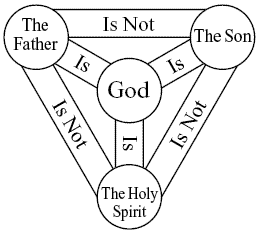What does the phrase “baptized for the dead” mean?
Lets start this answer off by quoting the verse referred to.
1 Corinthians 15:29 says, “Else what shall they do which are baptized for the dead, if the dead rise not at all? why are they then baptized for the dead?” Space does not allow us to quote the entire context of this verse but I would encourage you to go back to verse twenty and take a run at this entire passage down to verse thirty-four.
Paul here is simply defending the doctrine of a resurrection. It seems that the church at Corinth had come under the influence of some who denied a literal resurrection. Of course that would put in doubt both the resurrection of Christ Himself and any future resurrection of the believer. His entire point was that the doctrine of a resurrection of the dead was neither new to Christianity nor strange in history. It was believed by a majority of the Jewish Rabbis and even some pagan religions believed and taught the doctrine as a pillar of their faith.
Having said that, the most clear and obvious explanation of any Bible passage is normally found in the text itself. And so it is here. Paul says in verse 29, “Else what shall they do which are baptized for the dead…?” The key word is “they.” He clearly excludes himself from “those that do baptize for the dead” and subsequently gives no command to go and do likewise. Paul is, in fact, so careful that he repeats himself for a second time in the same verse, referring to those who practice it as “they.”
Paul could have said “we” if he wanted to. In fact, 70 times in 43 other verses in this epistle alone, Paul includes himself with the saints by using “we.” He said “they” because he meant “they.”
As you read down through the passage to verse 34 Paul says, “Awake to righteousness, and sin not; for some have not the knowledge of God: I speak this to your shame.” This statement against those that had “not the knowledge of God” was very likely a reference back to the false doctrines held by those who did not believe in a literal, physical resurrection and/or were baptizing for the dead.
Why in the world would Paul use an argument like this to try and prove his point? See Proverbs 26:4-5.
Apart from this mention in First Corinthians, the Word of God is destitute of any practice of people being baptized on behalf of another who is already dead. Note again that Paul was careful to exclude Christians among the ranks of those who follow this practice. Only in extra-biblical books (books outside the Bible) will any such practice be found developed into a doctrine.










